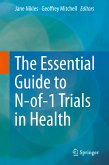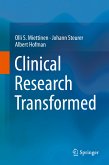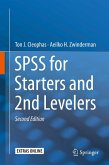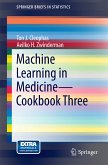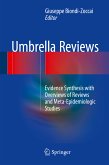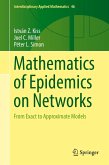The authors, as professors in statistics at various universities in Europe, are worrried about the poor quality of safety data analysis of clinical trials, despite its importance in drug development and pharmacovigilance.
Clinical trials, not adequately addressing safety, are unethical. An effective approach for the purpose is to present summaries of prevalences. In order to estimate the probability, that the differences between treatment and control group did not occur merely by chance, a statistical test can be performed. This pretty crude method has recently be supplemented with better sensitive methodologies, based on machine learning clusters and networks, and multivariate analyses.
Another important novelty with safety data analysis is the new insights into hypothesis testing, favoring the alternative hypotheses instead of the null hypotheses.
Finally the issue of dependency is addressed. Adverse effects may be either dependent or independent of the main outcome. Dependent adverse effect are dependent not only on the treatment modalities, but also on the outcome of the trials. Random heterogeneities, outliers, confounders, interaction factors are common in clinical trials, and all of them can be considered kinds of adverse effects of the dependent type. Random regressions and analyses of variance, high dimensional clusterings, partial correlations, structural equations models, and other Bayesian methods are helpful for their analysis.
The current edition was particularly written for medical and health professionals and students. It provides examples of modern analytic methods so far largely unused. All of the 16 chapters have two core characteristics, first they are for current usage, second they try and tell what readers need to know in order to understand the methods. Step by step analyses are given and self-assessment examples are supplied. Each chapter can be studied as a stand-alone.
Clinical trials, not adequately addressing safety, are unethical. An effective approach for the purpose is to present summaries of prevalences. In order to estimate the probability, that the differences between treatment and control group did not occur merely by chance, a statistical test can be performed. This pretty crude method has recently be supplemented with better sensitive methodologies, based on machine learning clusters and networks, and multivariate analyses.
Another important novelty with safety data analysis is the new insights into hypothesis testing, favoring the alternative hypotheses instead of the null hypotheses.
Finally the issue of dependency is addressed. Adverse effects may be either dependent or independent of the main outcome. Dependent adverse effect are dependent not only on the treatment modalities, but also on the outcome of the trials. Random heterogeneities, outliers, confounders, interaction factors are common in clinical trials, and all of them can be considered kinds of adverse effects of the dependent type. Random regressions and analyses of variance, high dimensional clusterings, partial correlations, structural equations models, and other Bayesian methods are helpful for their analysis.
The current edition was particularly written for medical and health professionals and students. It provides examples of modern analytic methods so far largely unused. All of the 16 chapters have two core characteristics, first they are for current usage, second they try and tell what readers need to know in order to understand the methods. Step by step analyses are given and self-assessment examples are supplied. Each chapter can be studied as a stand-alone.
Dieser Download kann aus rechtlichen Gründen nur mit Rechnungsadresse in A, B, BG, CY, CZ, D, DK, EW, E, FIN, F, GR, HR, H, IRL, I, LT, L, LR, M, NL, PL, P, R, S, SLO, SK ausgeliefert werden.
Es gelten unsere Allgemeinen Geschäftsbedingungen: www.buecher.de/agb
Impressum
www.buecher.de ist ein Internetauftritt der buecher.de internetstores GmbH
Geschäftsführung: Monica Sawhney | Roland Kölbl | Günter Hilger
Sitz der Gesellschaft: Batheyer Straße 115 - 117, 58099 Hagen
Postanschrift: Bürgermeister-Wegele-Str. 12, 86167 Augsburg
Amtsgericht Hagen HRB 13257
Steuernummer: 321/5800/1497
USt-IdNr: DE450055826
Bitte wählen Sie Ihr Anliegen aus.
Rechnungen
Retourenschein anfordern
Bestellstatus
Storno




